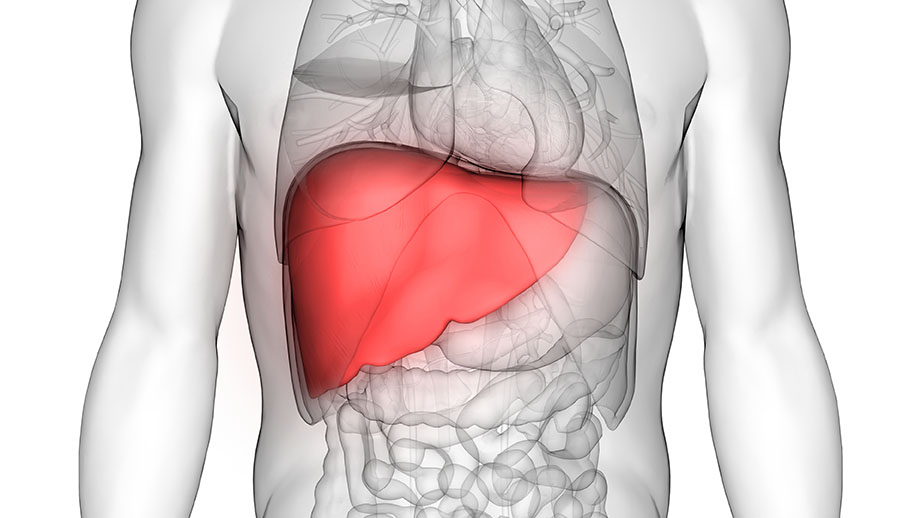

The liver is the largest organ in the human body. It is located in the upper right abdomen, just below the diaphragm. The liver has many important functions, including:
The liver is a very important organ, and it is essential for our survival. If the liver is not functioning properly, it can lead to serious health problems, such as liver failure.
The patient had to have a liver transplant due to liver failure.

Noun: The liver is a large organ in the abdomen that is responsible for a variety of functions, including:
Adjective: Liver can also be used as an adjective to describe something that is related to the liver. For example, a liver transplant is a surgery to replace a diseased liver with a healthy one.
Verb: To liver is a rare verb that means to live or to endure. For example, the phrase "to liver through" means to survive or to persevere.
The word "liver" comes from the Old English word "lifre", which also means "liver". It was first used in English in the 8th century.
The Old English word "lifre" is related to the Old Norse word "lifr", which also means "liver".
The word "liver" is thought to be derived from a Proto-Germanic word that means "to live". This is because the liver was once thought to be the seat of life.
What does the liver do?
Question:
Describe the functions of the liver in the human body and its role in maintaining overall health.
Answer:
The liver is a vital organ that performs numerous essential functions in the human body, contributing significantly to overall health and well-being.
Firstly, the liver plays a crucial role in detoxification. It processes and removes harmful substances, such as toxins and drugs, from the bloodstream, helping to keep the body free from potentially damaging compounds.
Secondly, the liver is involved in the production of bile, which aids in digestion. Bile is stored in the gallbladder and released into the small intestine to break down fats and facilitate nutrient absorption.
The liver is also responsible for storing and releasing glucose as needed to regulate blood sugar levels. It helps maintain stable energy levels throughout the day and prevents drastic fluctuations in blood sugar.
Moreover, the liver is vital for the metabolism of proteins, carbohydrates, and fats. It produces proteins necessary for blood clotting, immune function, and transportation of nutrients.
In addition, the liver stores essential vitamins and minerals, such as vitamins A, D, B12, and iron.
Overall, the liver is a multitasking organ that supports digestion, detoxification, metabolism, and nutrient storage. Its role in maintaining a healthy body is indispensable, and any dysfunction can have a significant impact on overall health.
Address
Developing Experts Limited
Exchange Street Buildings
35-37 Exchange Street
Norwich
NR2 1DP
UK
Phone
01603 273515
Email
hello@developingexperts.com
Copyright 2025 Developing Experts, All rights reserved.